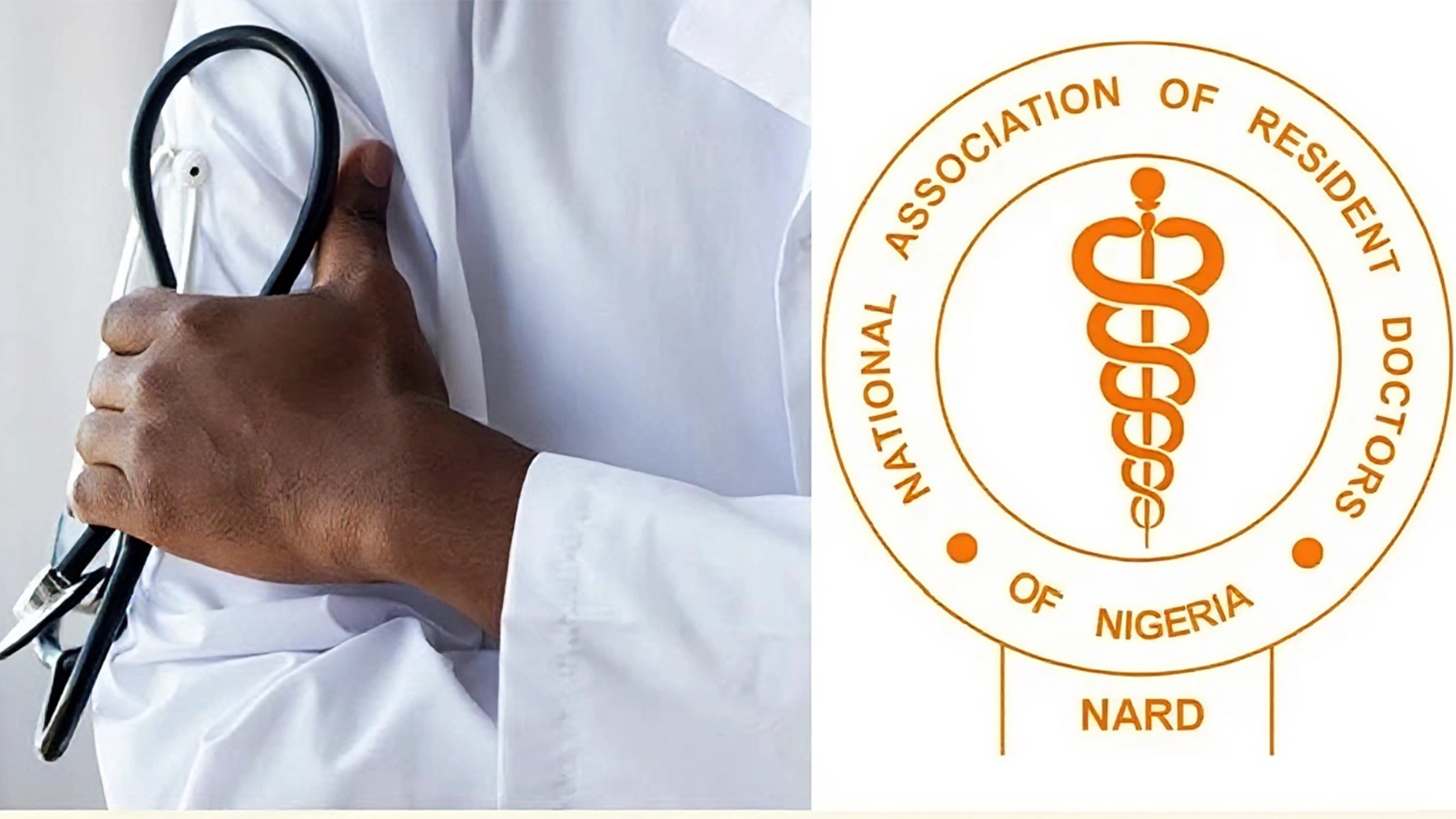National Biosafety Management Agency (NBMA) has issued a biosecurity advisory following reports of suspected viral haemorrhagic fevers in parts of Nigeria and neighbouring countries, warning that Ebola remains a significant public health threat.
The agency stressed that protecting the country from Ebola and other biological risks requires coordinated action by government, community leaders, and the general public.
Ebola Virus Disease (EVD), which has a fatality rate ranging from 25 to 90 percent, has caused multiple outbreaks in Africa since the 1970s. Nigeria successfully contained its last outbreak in 2014, but public health experts continue to flag risks given the country’s busy transport corridors and exposure to cross-border infections.
NBMA Director-General, speaking through a public statement on Monday, outlined measures already in place, including collaboration with ministries, security agencies, and healthcare institutions to ensure biosecurity at airports, seaports, farms, laboratories, and treatment centres.
State and local governments were urged to strengthen surveillance systems, maintain functional containment and treatment facilities, and enforce regulations in laboratories, markets, and abattoirs. Authorities were also advised to invest in grassroots awareness campaigns, including the translation of safety advisories into local languages.
Religious and traditional leaders were called upon to use their influence to promote trust in health authorities, discourage unsafe burial practices, and mobilise communities to adopt hygienic behaviour and report unusual illnesses.
The advisory also highlighted other biosecurity threats facing Nigeria, including Lassa fever, avian influenza, anthrax, and antimicrobial resistance, stressing the need for vigilance beyond Ebola.
NBMA advised Nigerians to report immediately to hospitals if unwell, particularly after travel outside the country, and to disclose travel history to healthcare workers. Other safety tips included frequent handwashing, the use of sanitisers, avoidance of contact with suspected cases or corpses, and ensuring animal products are properly cooked before consumption.
The public was urged to rely only on verified updates from the NBMA and Nigeria Centre for Disease Control (NCDC). Suspected cases should be reported to the NCDC Connect Centre via 6232 or to the NBMA hotline.
“Biosecurity is everyone’s responsibility,” the agency said, reaffirming its commitment to safeguarding the country against Ebola and other biological risks.






